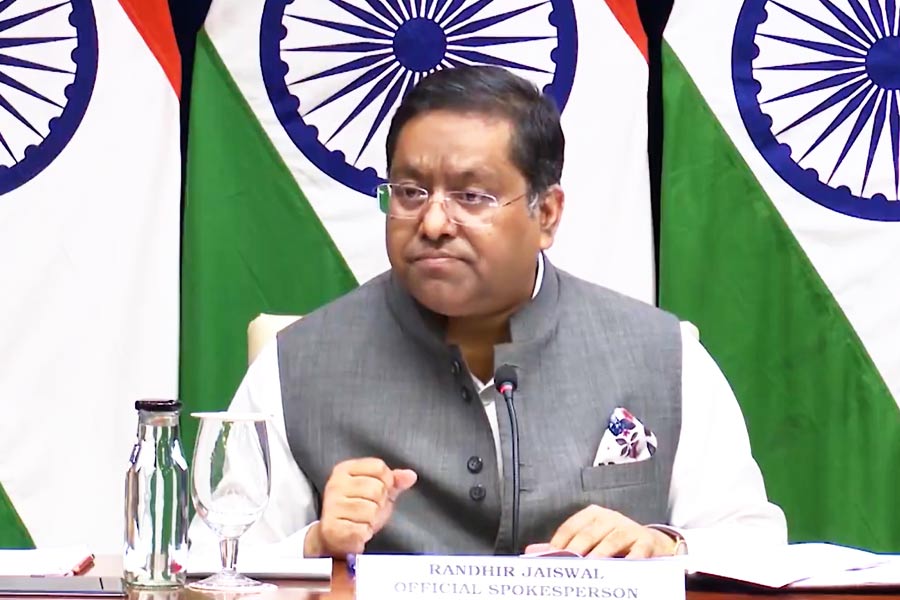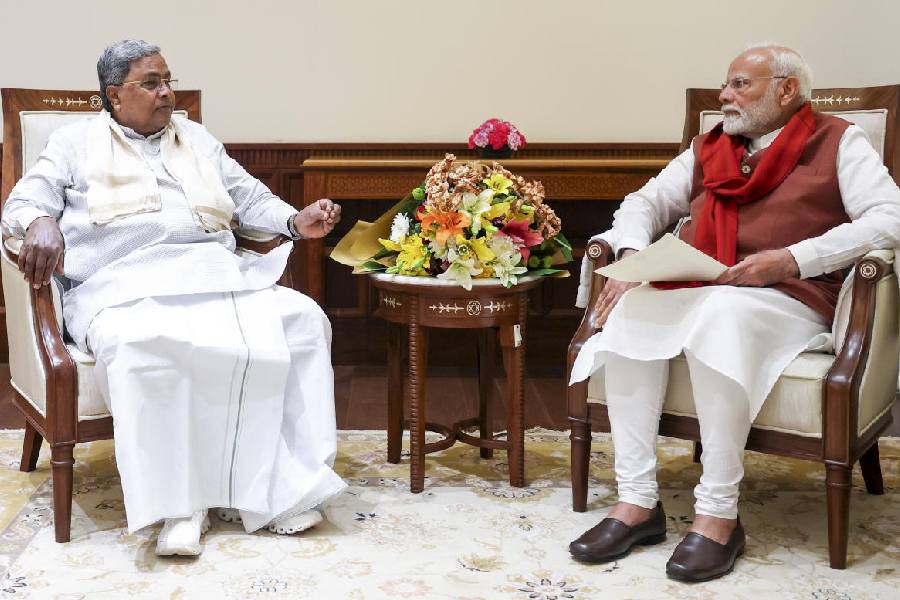I am a science student of Plus Two, all set to appear in the board exams and the engineering entrance exams. However, I am not at all prepared as I have drawn almost a blank in Class XI. But my father says that if I drop the year and appear for the exams next year, the gap will affect my career. Apparently campus recruiters avoid students who have a gap year. What do I do?
Soumya Sekhar Das
Before deciding on a gap year, you need to assess what went wrong in Class XI. Once you understand this, you can rectify your mistakes. You also need to critically analyse, with the assistance of your teachers, whether a year of hard work will transform your results substantially. If you have always performed well in quantitative subjects (such as Maths and Physics) and the lag in Class XI was an anomaly, there is no harm in taking a gap year. The other aspect to honestly consider is whether it would be better for you to learn on your own or get structured coaching under expert tutors. If you decide on self-study, you’ll have to set a strict schedule so that you can stay focussed and work towards your goals. The entrance exams are extremely competitive so have a back-up plan ready, just in case.
The decision to take a gap year does not depend on what prospective employers will think but on whether you can remain focussed, goal-oriented and motivated during the extra year to make up for lost opportunities. During an interview, you could always project your gap year as reflecting your willingness to commit to your dreams and ability to work towards them. So assess your abilities and persistence to take this key decision. And if you are not successful at cracking the entrance exams, there is still an ocean of jobs awaiting you in the future.
-
Apply in advance
After clearing my Plus Two board exams next year, I want to take up undergraduate studies in the UK. Could you tell me how to prepare for that?
Sadia Khan
It is wise to start preparing a year in advance if you want to take admission in a UK university. You have to fill a common application form, UCAS (www.ucas.com), for all universities. Since you have the option to choose from only five courses, you must decide carefully. Even though UK universities follow a rolling admission process—there’s no fixed last date — the preferred deadline for top institutes (such as Oxford and Cambridge) and medical colleges is October 15. You can submit the UCAS application before you attempt your board exams or the IELTS exam. Go through the IELTS website (www.ielts.org) and take the free sample tests they offer to assess your level. If you are satisfied with your English skills, you need not take professional coaching.
Admissions to UK universities are based on academic merit vis-à-vis your grades in Class X and Class XI, one letter of reference or recommendation (from your course teacher) and a statement of purpose (a short essay explaining your objectives and a brief background). Tuition fees vary from £10,000-15,000 (about Rs 9.66 lakh to 14.5 lakh). Courses that don’t require the use of laboratories have lower fees. Several universities also have partial merit scholarships.
-
Sell your soft skills
I am a final-year student of economics, but it has never been my area of interest. I love to play basketball and led the college team. Initially, I thought of pursuing an MBA but now I’d rather not. I don’t want to take up sports as a career either. What choices do I have?
Seema Borgohain
In your CV, you must flaunt the soft skills — ability to work in a team, leadership skills, strategic thinking, persistence, self-discipline, communication, competitiveness, stamina — you have earned in the sports field. Then you must integrate the knowledge of economics with your experience in sports. If you enjoy an outdoor life and physical stamina is your core strength, choose a career that blends both. You could be an entrepreneur in areas such as ecotourism, adventure sports, physical fitness, yoga and aerobics. Sports and event management are also flourishing in India and can offer opportunities. However, if you are academically inclined, consider a degree in environmental management, sustainable development or resource management (Teri University offers them). The Forest Research Institute and the Indian Institute of Forest Management also offer some interesting courses where your economics background may be useful.
-
Shivani Manchanda has master’s degrees in career counselling and child development. She has been counselling about opportunities in India and abroad since 1991. Mail your queries to telegraphyou@gmail.com with Ask Shivani in the subject line











